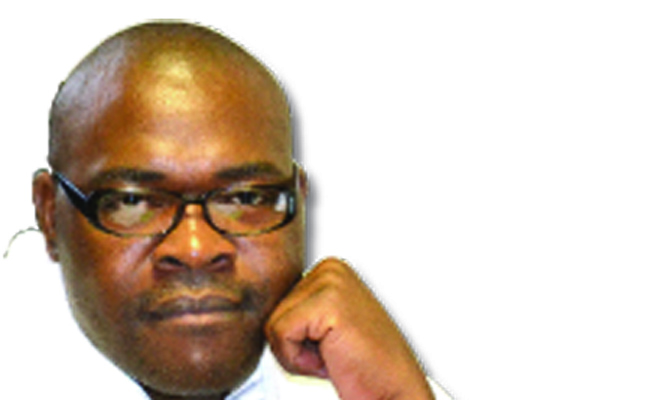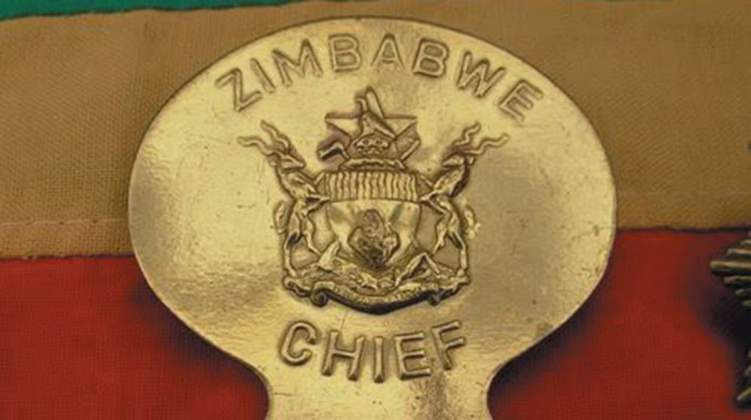
AFRICAN poverty has been blamed on poor governance, especially on those leaders who are thought to be dictators. This is a long-held narrative in post-colonial Africa despite lack of historical evidence to sustain it.
For this narrative, democracy is the only platform upon which development can be delivered even though the most developed countries did not achieve their status in democracies.
It has been perfectly sold unto us that removing those perceived to have overstayed or dictators is the only way to the Promised Land. The African story in literature, policies and assessment has been littered with this flawed and uncoordinated narrative. It is never about how African leaders can use their power the same way Europe did to colonise Africa to prop up the well-being of their people.
It is a narrative that deliberately omits the status of Africa before it was colonised. We are not told how poor or developed the continent was before it was disempowered by Europe.
In fact, that part of the story is made to seem irrelevant and absent. It is all about how the African leader has failed to manage what they inherited from the colonial administration that seems to matter most and how that failure has resulted in poverty in the presence of abundant resources. Hence elections or regime change projects have to be imposed to free people from an impoverishing leadership.
While this narrative has been religiously bought and academically consumed as given, there are two key factors that it failed to acknowledge. Firstly, the colonial administration in Africa never had the word poverty as part of its policy positions until after African countries attained independence. So Africa was not looked at with the poverty eyes during the colonial times.
This is because the entire colonial venture was about feeding the industrialisation machinery in Europe and its economic growth. The colonial project did not speak of democracy, human rights or freedoms in its colonies and home countries.
So power was used to acquire and accumulate wealth at the expense of humanity, the outcome of which was economic growth which gave birth to an empowered European society that could demand democracy, human rights and freedoms.
- Chamisa under fire over US$120K donation
- Mavhunga puts DeMbare into Chibuku quarterfinals
- Pension funds bet on Cabora Bassa oilfields
- Councils defy govt fire tender directive
Keep Reading
Before discussing the second factor, there are a few lessons to be drawn from this scenario, uncouth as it may seem.
Development and growth are outcomes of how leadership uses its power towards certain goals, including economic growth. If those European countries that colonised Africa had not done so, some of them might not have been what they are today economically and politically.
Society tends to derive its self-actualisation from an empowering economic, political and cultural background and not the opposite. Thus democracy is not a donation, but both acquired and achieved.
Once these countries’ economies were at a certain stage of development, it unleashed their people out of destitution to an empowered society that demanded freedoms, because they had choices; democracy because they had a stake in their system; human rights because they had the moral authority to demand audience with power.
All together these organically became a system of doing business in Europe and it was never a religious imposition.
The second factor, sadly, is that Africa was born when these values had become the guidelines of doing business globally, when the continent itself had not woken up from the slumber of colonial bondage. We adopted them before self-actualising.
Not discounting their importance and relevance to humanity, but they were imposed at the frontline of our African agenda and in the process foregrounded their enablers.
The colonial project did not speak of democracy, human rights or freedoms in its colonies and home countries.
So democracy and human rights have come to be seen as the route to progress at the expense of productive sectors. The African leader, instead of pursuing productive policies, is pressured to use or abuse power to protect themselves from the vagaries of these values or to pretend to conform to them.
We learnt to demand freedoms, when there are no choices. We pursue democracy at the expense of production. We pursued human rights at the expense of our own human capabilities.
We became instruments of a Western religion that has continuously sought to keep its economic kingdom intact by weakening other states. In the process, we allowed the former colonial powers to contain us in their hands.
During the height of the political chaos in Zimbabwe, there were plenty of donor funds in the hands civil society organisations pursuing democracy than what was in the production sector to create growth and jobs.
That scenario and the fact that pursuance of these values were externally funded speaks volumes of how Africa needs to get its priorities right. It is a scenario that has left many countries weaker and enslaved to the whims of the West.
Egypt, Libya, Malawi and Zimbabwe are recent examples of countries that had made strides in improving the wellbeing of their people, but fell to the temptation of these values.
And Asian countries are the opposite of these examples, which is why their wellbeing has exponentially improved than anywhere else in the world. Rwanda is also an example that it can be done in Africa.
Tapiwa Gomo is a development consultant based in Pretoria, South Africa












